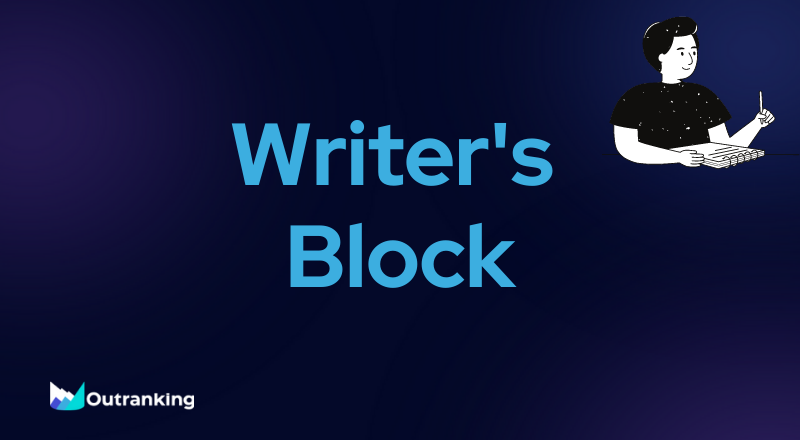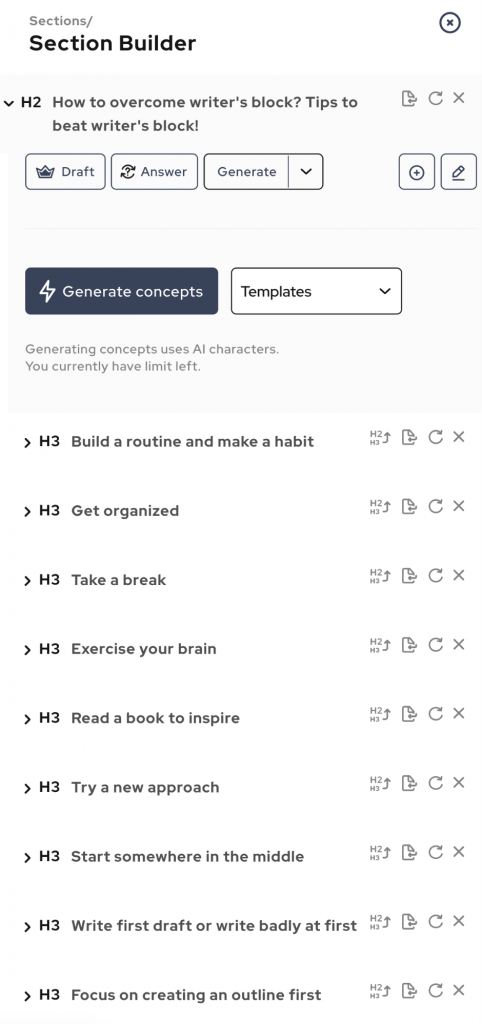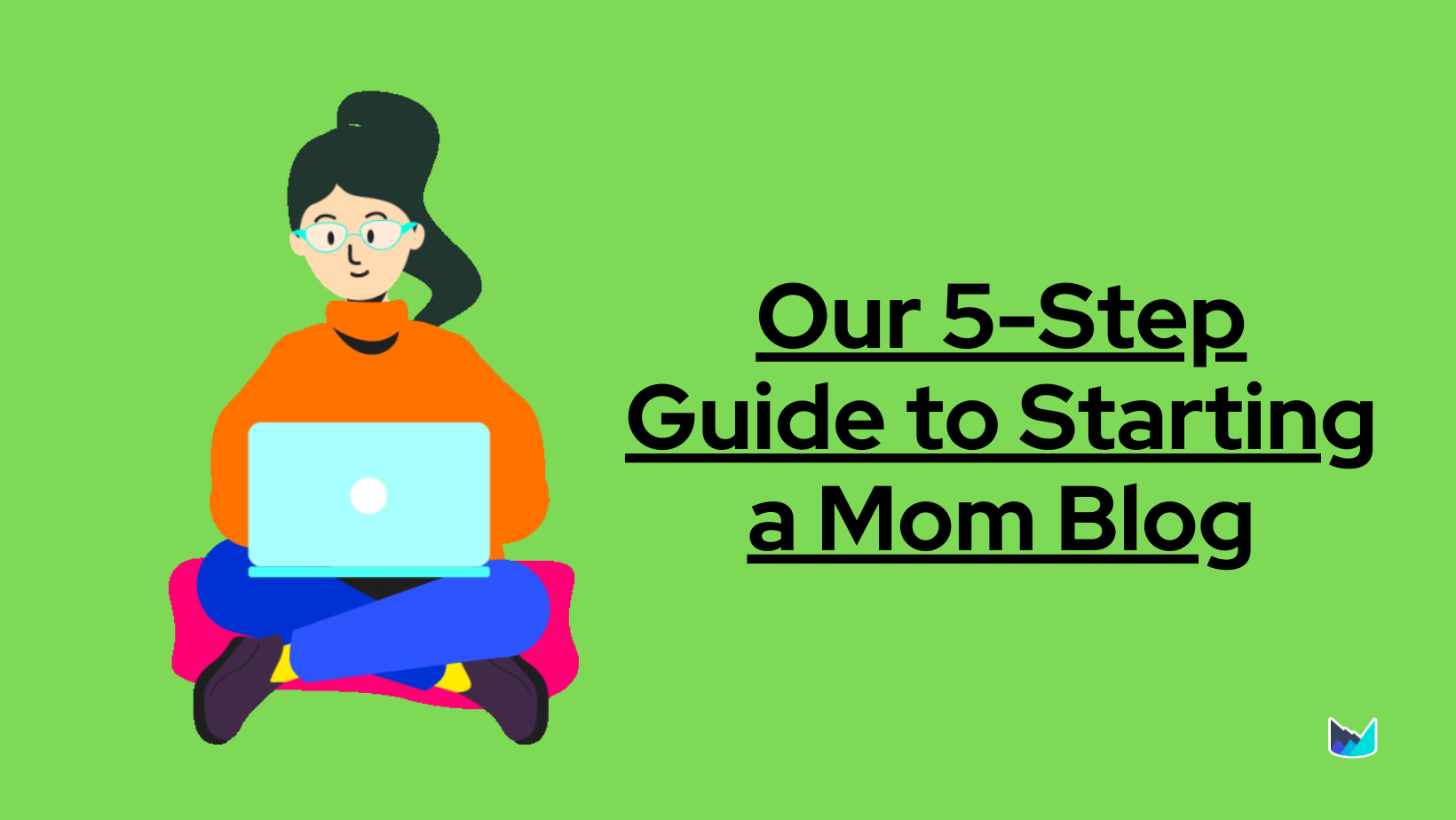- Product
- SEO Content Editor
- SEO Content Strategy
- Content Optimization
- Content Briefs
- AI Assisted Writing
- Keywords Clustering
Preview a demo walkthrough
Outranking the competition with our cutting-edge SEO strategies.

- Pricing
- Resources
- Sign In
- Get Started

Writers Block: Tips and Tricks To Beat Writer’s Block – Outranking
Table of Contents
Table of Contents
Tips To Beat Writers Block
Do you ever feel stuck on an idea and just can’t seem to come up with a way to make it happen?
Writer’s block is the struggle of being unable to write. It happens when you cannot put the necessary words together and get a story out of your head. Sometimes, writer’s block occurs because there are no words for an idea you want to put down on paper but cannot seem to create in your mind.
In this article, I’m going to give some tips and tricks on how you can stop feeling stuck.
What is writer’s block?
Writer’s block is the condition of being unable to think of what to write. It can be caused by a number of factors, such as lack of inspiration, fear of failure, or self-doubt.
Writer’s block is the inability to produce new work. It can be caused by a lack of a good writing schedule or many other factors that may slow down the creative process for an author. The term “writer’s block” refers to a writing or composition process where creativity is stunted.
It may or may not be accompanied by strong emotions, such as anger and frustration.
Causes of writer’s block
Writer’s block is a condition that affects many writers. It can be caused by pressure to succeed and/or compete with other writers, or it may be the result of an underlying psychological problem, or just not being able to find how to put thoughts in writing. Among the most common causes of writer’s block is fear of failure and lack of confidence in one’s own abilities.
Writer’s block might also be caused by fatigue, stress, or anxiety. In some cases, it may simply be a matter of not being able to prioritize tasks correctly. Finally, perfectionism is often cited as a cause of writer’s block.
Lack of focus
The fact is, almost everyone has trouble staying focused at times. There are all sorts of things that can distract us from our work, from emails and phone calls to co-workers dropping by or chatty colleagues down the hall.
Once you know what’s preventing you from concentrating, take steps to eliminate or minimize those distractions. For example, if your problem is that you keep getting interrupted by people coming into your office, try wearing headphones so they’ll know not to bother you. If checking email is a big distraction for you, disable notifications or schedule specific times during the day when you’ll check them.
With a little effort and some creative problem solving, you can find solutions that work for you and help get your work done more efficiently.
Perfectionism (Guess what? no one perfect)
It’s the voice in your head that tells you that you’re not good enough, that your work isn’t perfect, and that you should keep trying until it is. But striving for perfection can actually lead to writer’s block because it takes up all your time and energy and leaves no room for anything else.
It might be hard at first, but over time you’ll find that it becomes easier and easier to accept (and even embrace) mistakes as a natural part of life. And when that happens, your writing will flow more freely than ever before.
Lack of inspiration or ideas
Some people find that they cannot write because they do not have any ideas. For others, the challenge is to filter through all of the ideas and choose one that is worth developing into a full story or essay. Still, others may find themselves struggling with writer’s block because they feel self-conscious about their writing or worried about what other people will think of their work.
If you are stuck because you don’t have any ideas, try brainstorming or freewriting. If you feel self-conscious, try reading your work out loud or sharing it with a friend for feedback. And if you’re struggling to get started, set a timer for a short amount of time and start writing whatever comes to mind, brain dump your ideas on paper. You can always go back and revise later.
Too many ideas
It can be hard to focus on one thing when you have a laundry list of potential topics to write about. This is especially true if you’re trying to come up with ideas for blog posts, articles, or anything else that needs to be well-thought-out and planned in advance.
Prioritize your work. Can you focus on one specific topic? Or maybe you could brainstorm a few different angles for a single topic? If all else fails, try picking something at random and seeing where it takes you.
The most important thing is not to stress out about it – eventually, you’ll find an idea that sparks your interest and gets the ball rolling.
Fear of the blank page
The most common reason for writer’s block is fear of the blank page. At Outranking, we start with an outline as a way to help you think of a structure for your article first. Then, filling out the structure with the paragraphs becomes much easier.
Here’s a quick training showing how to create an outline for your article, add sections that will rank in the featured snippet, and find your target keywords:
Lack of time or place
One reason may be that the person does not have enough time to devote to writing or does not have a specific place where they feel comfortable writing. Others find that a short deadline works best for them, making them their most productive when they need to turn in their work in an hour.
Problem with the story
It could be because the writer is experiencing some personal problem or maybe not being sure about how to start the project. In most cases, once the source of this mental block is identified and eliminated, the flow of thoughts resumes and writing becomes easier.
Procrastination
It’s a common enemy that we all face, and it can be tough to beat. But it’s not impossible. Here are five tips for overcoming procrastination:
- Don’t try to do too much at once.
- Break down big tasks into smaller, more manageable ones.
- Make a plan and stick to it.
- Get organized.
- Find someone to hold you accountable – a friend, family member, or coworker.
Join our community of writers and find ways to keep each other accountable. We also host 2x weekly webinars that can put you in a rhythm to focus on cranking out your content.

How to overcome writer’s block? Tips to beat writer’s block!
Build a routine and make a habit
Write every day, even if it’s just for a short amount of time. Set aside a specific time each day to write, and try not to let anything else get in the way. Turn off your phone, avoid distractions, and find a quiet spot where you can focus on your work.
If you’re struggling to come up with an idea, begin by creating an outline for your article using Outranking.io. Once you get in the habit of writing regularly, it will become easier to come up with ideas for new articles.
Get organized
Make sure you have everything you need to write before you start, including a notebook, a pen, or a sharpened pencil (so that you later won’t need to go looking for one later).
Exercise your brain
Write down a list of 20 random things, solve a puzzle or play word games. The more you stimulate your mind, the more likely it is that new ideas will start flowing.
Getting to a new place and away from your desk may help inspire you to start writing again. Consider changing scenes, like going to a library or a local co-working place.
If you find yourself struggling to come up with something original, try starting with an outline instead. This will give you a framework to work within and can make the writing process less daunting.
Here’s how we broke down this article into different sections using Outranking:

Read a book to inspire
When you’re struggling to find the words, reading can help jump-start your creativity. Not only will you get new ideas, but you’ll also learn how other writers approach their work. And if you read fiction, you may even find yourself getting lost in another world for a while – which can be just what you need to clear your head and start writing again.
Try a new approach
Change the time of day that you write or set specific goals for each writing session. Others prefer to brainstorm ideas before beginning to write. Whatever works best for you is what you should do!
Don’t get discouraged – everyone experiences writer’s block at some point. Just keep working at it until the words start flowing again.
Start somewhere in the middle
This can help you get momentum and make progress. It can also be a way to trick yourself into working on your project. Sometimes it’s easier to start writing if you have a specific goal in mind, like finishing a paragraph or chapter.
You might be surprised at how much you can accomplish when you focus on writing for just a short amount of time.
Write the first draft first
Some people find it helpful to write the first draft, even if it’s terrible. Others find that writing badly at first is the key to getting started. Experiment with different techniques and see what works best for you.
Here’s how Outranking can help you generate your first draft in just a couple of minutes, from start to finish:
Focus on creating an outline first
Focusing on creating an outline first can help you overcome writer’s block and produce quality content. An outline doesn’t need to be extensive – just a few bullet points will do – but it should give you a general idea of the points you want to make and the order in which you want to make them. Once you have your outline, start writing! You may find that the act of putting words on paper (or screen) helps jumpstart your creativity and gets the ideas flowing.
Do something totally different for a while
If you’re used to writing in the morning, try writing at night for a change. Or if you always write at your desk, try taking your laptop outside and sitting in the sun. You could also try working with a friend or colleague – someone who can offer encouragement and feedback – or join a writing group online or in person. The more distractions you can remove from your environment, the better; so find a place where you feel comfortable and productive, and stick to it.
Get AI writing tools that help you remove the writing Block
You might feel like you’ve lost your spark. This is when it’s helpful to have some tools to help you break out and get back to writing.
AI can help by taking care of some of the more menial tasks, such as research, proofreading, and grammar checking. This leaves you free to focus on the creative aspects of writing. Additionally, AI can provide feedback and suggestions that can help improve your writing.
Try to lower your expectations and slow down a bit
You may feel like you need to push through the block as quickly as possible and get your work done. However, this type of pressure can actually make the problem worse. When you’re forcing yourself to write under pressure, you’re more likely to produce low-quality work that’s riddled with mistakes.
Dedicate time each day specifically for writing, even if it’s just for a short period of time. This will help ease the pressure and allow you to focus on your work without feeling rushed.
Break writer’s block down into small parts and solve each step at a time
Writer’s block is a condition that hampers the ability to write due to various mental blocks. But it can be overcome by breaking the problem down into small parts. By tackling one obstacle at a time, you can start to see progress and eventually break through your writer’s blocks.



